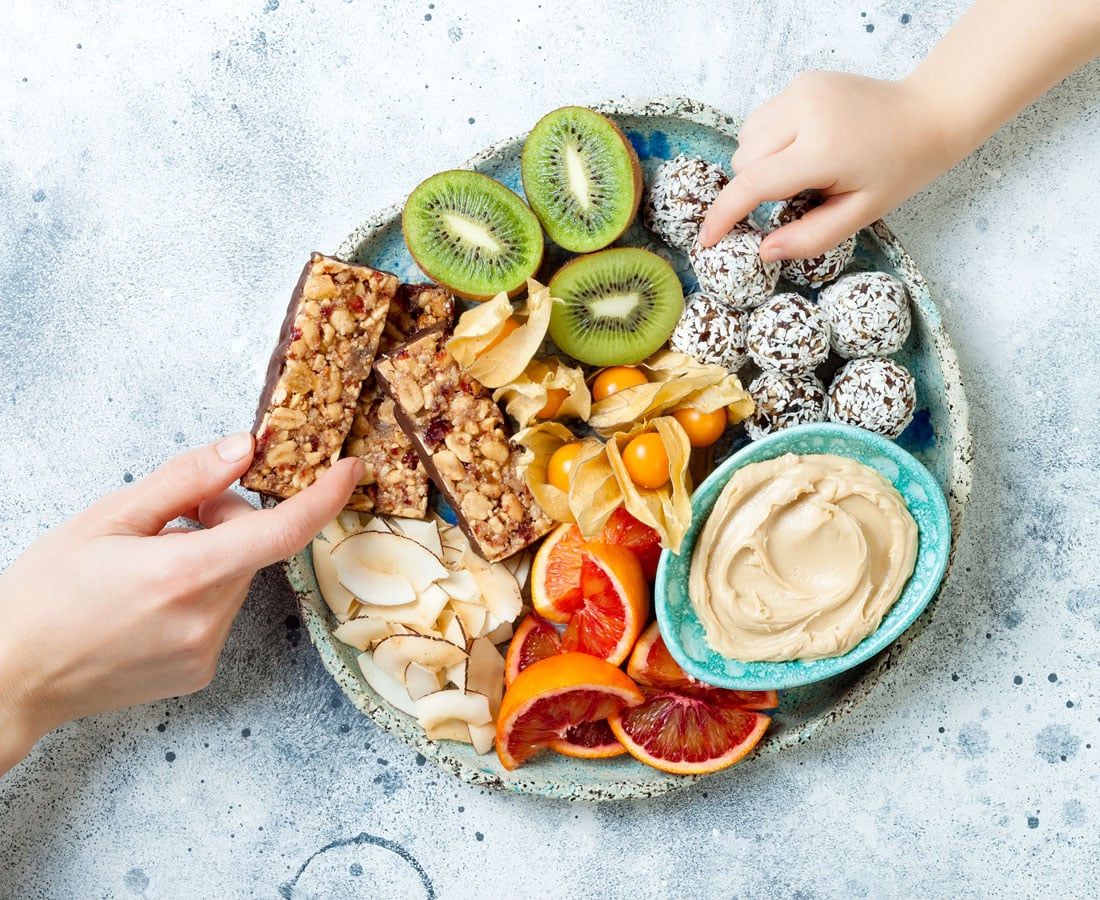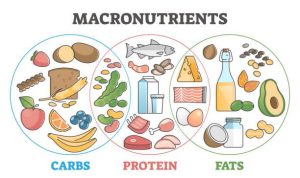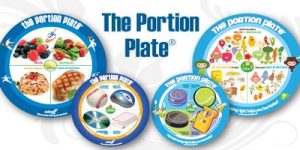
Maintaining a balanced diet is crucial for our overall health and well-being. To ensure we get the essential nutrients
our bodies need, it’s important to select nutrient-rich foods. In this article, we will discuss effective strategies
to choose the right foods to achieve a balanced diet.
What is a Nutrient-Rich Food?
Nutrient-rich foods are those that provide a high concentration of essential nutrients per calorie. These foods are
packed with vitamins, minerals, antioxidants, fiber, and other essential compounds necessary for optimal health.
Examples of such foods include fruits, vegetables, whole grains, lean proteins, and healthy fats.
Understanding Your Nutritional Needs
Before choosing nutrient-rich foods, it’s essential to understand your specific nutritional needs. Factors such as age,
sex, activity level, and any underlying health conditions greatly influence the nutrients required by your body.
Consulting a registered dietitian or nutritionist can provide valuable insights into assessing and tailoring your
diet to meet your individual needs.
Incorporating a Variety of Food Groups
One of the key strategies to select nutrient-rich foods is to incorporate a variety of food groups into your diet.
Each food group offers unique nutrients essential for different bodily functions. Aim to include
Fruits and vegetables: Rich in vitamins, minerals, and fiber.
Whole grains: Provide complex carbohydrates, fiber, and B-vitamins.
Lean proteins: Excellent sources of high-quality protein, iron, and essential amino acids.
Dairy or alternatives: Offer calcium, vitamin D, and other essential nutrients.
Healthy fats: Avocado, nuts, and olive oil provide beneficial fats like omega-3 fatty acids.
Reading Food Labels
When grocery shopping, reading and understanding food labels is crucial in making informed choices. The nutrition facts
panel on packaged foods provides valuable information about serving size, calories, and nutrient content. Pay
attention to the amounts of saturated fat, trans fat, sodium, and added sugars, as excessive consumption of these
can negatively impact your health. Additionally, check the ingredient list for any unwanted additives or artificial
preservatives.
Prioritizing Fresh and Whole Foods
While convenience foods may be tempting, prioritizing fresh and whole foods is essential for a nutrient-rich diet. Fresh
fruits and vegetables, lean proteins, whole grains, and unprocessed foods retain their natural nutrient content
without the addition of unhealthy additives. Whenever possible, opt for homemade meals using fresh ingredients to
maximize your nutrient intake.
Moderation and Portion Control
Even when consuming nutrient-rich foods, moderation and portion control play crucial roles in maintaining a balanced
diet. It’s important to be mindful of your overall calorie intake and avoid overeating, even if the foods are
nutritious. Controlling portion sizes can help prevent excessive calorie consumption and maintain a healthy weight.
Seeking Professional Advice
If you have specific dietary concerns or health conditions, it’s highly recommended to seek professional advice. A
registered dietitian or nutritionist can provide personalized guidance and ensure you make appropriate food choices
to meet your nutritional goals. They can help create a customized meal plan based on your preferences, dietary
needs, and other factors.
Conclusion
Choosing nutrient-rich foods is the foundation of a balanced diet. By understanding your nutritional needs, incorporating
a variety of food groups, reading food labels, prioritizing fresh and whole foods, practicing moderation and portion
control, and seeking professional advice when needed, you can ensure that your diet is providing the essential
nutrients your body needs for optimal health and well-being.

